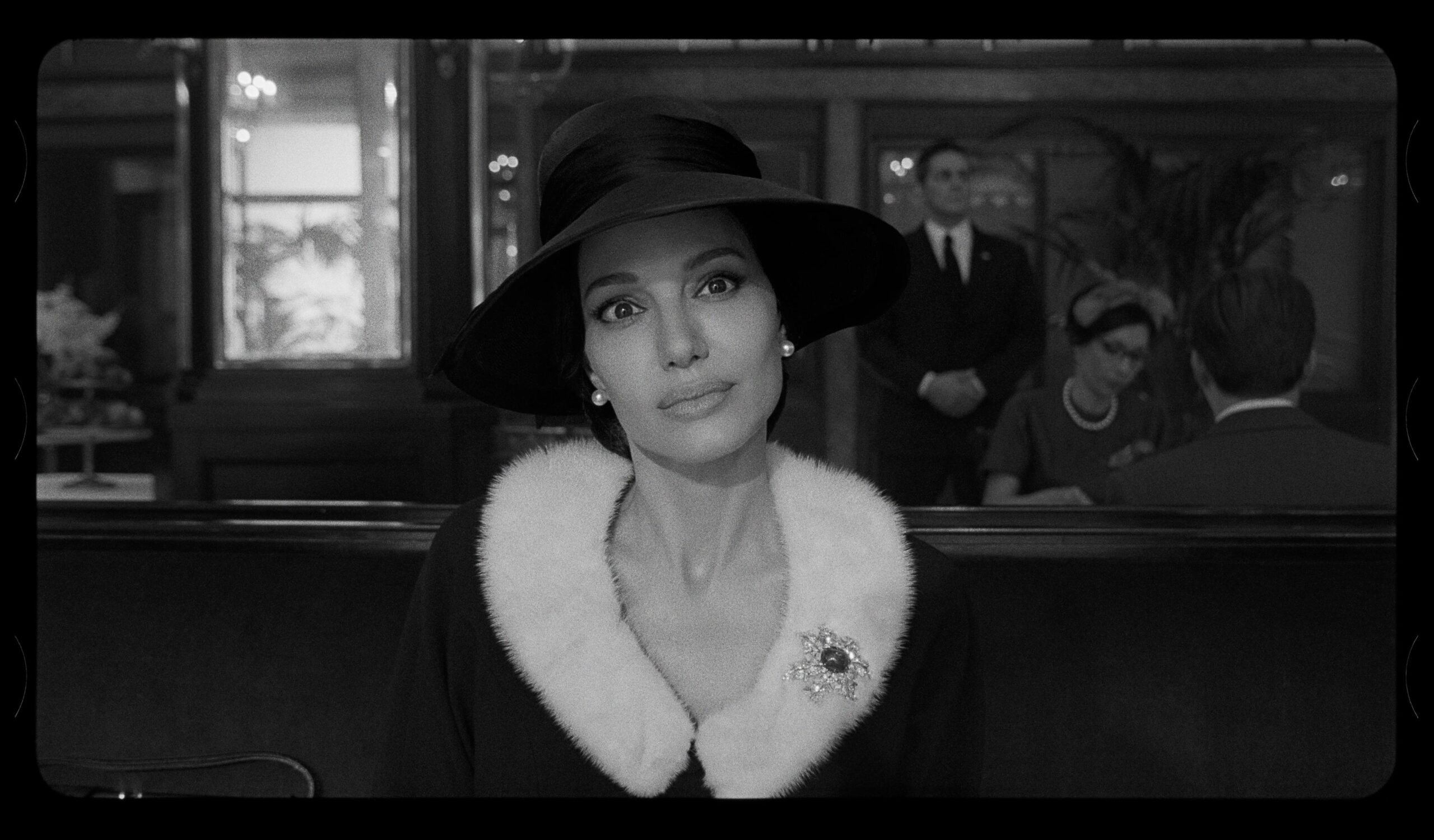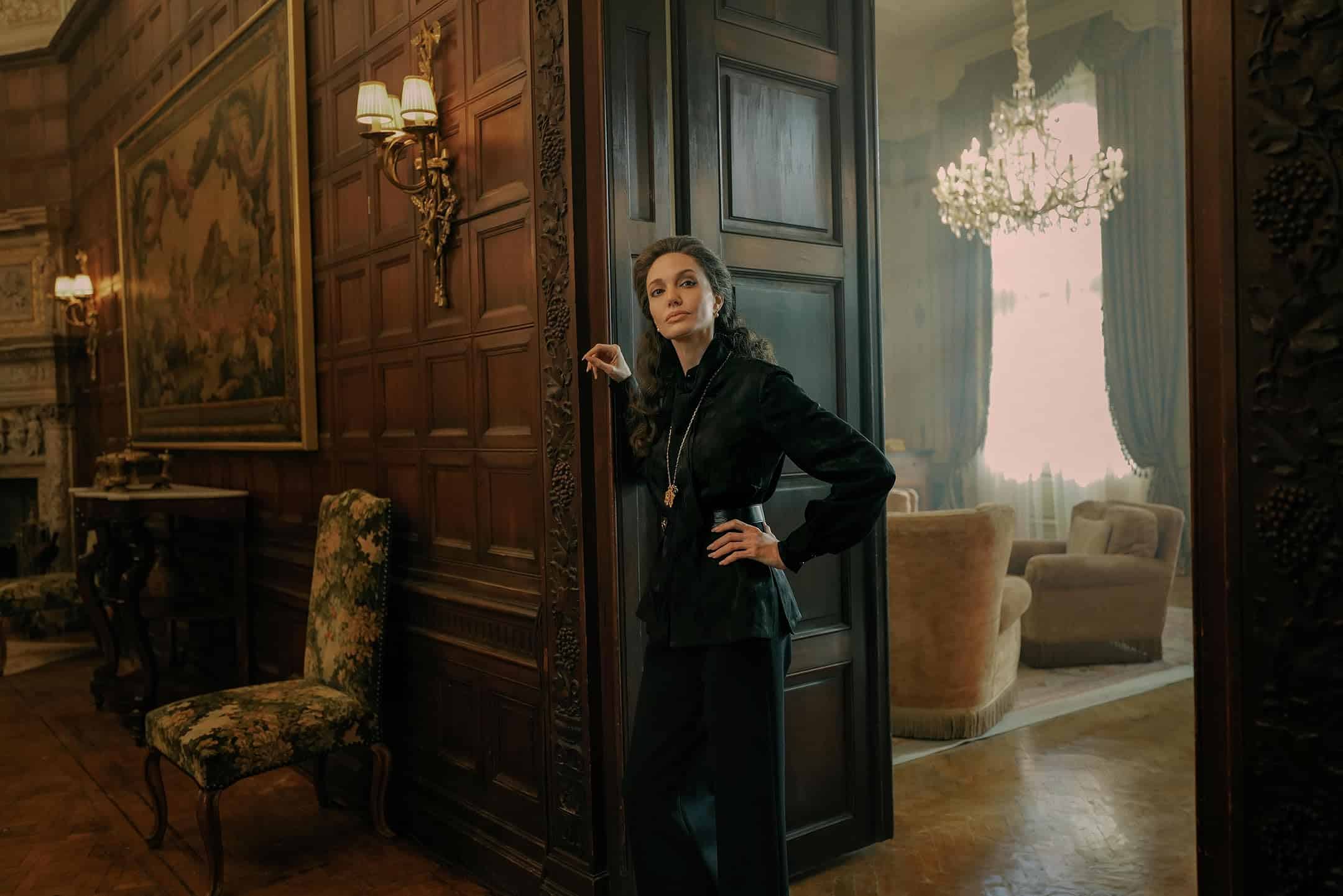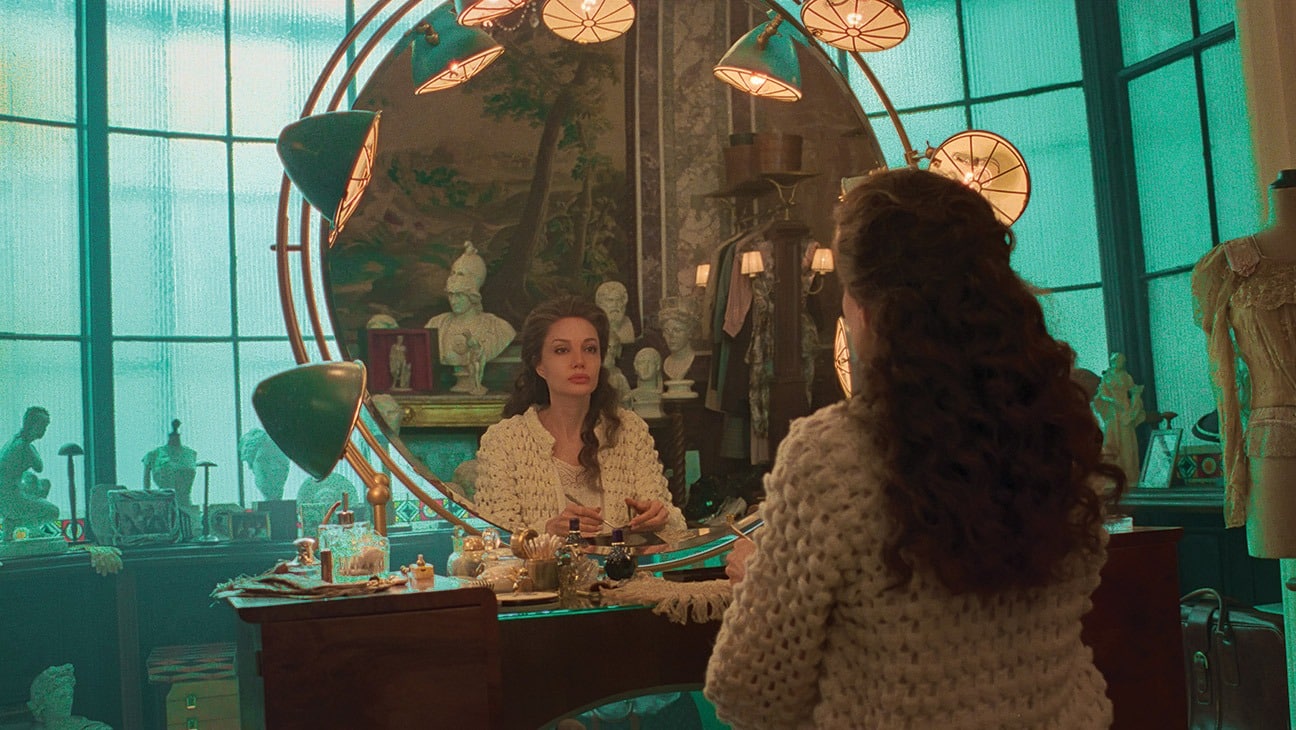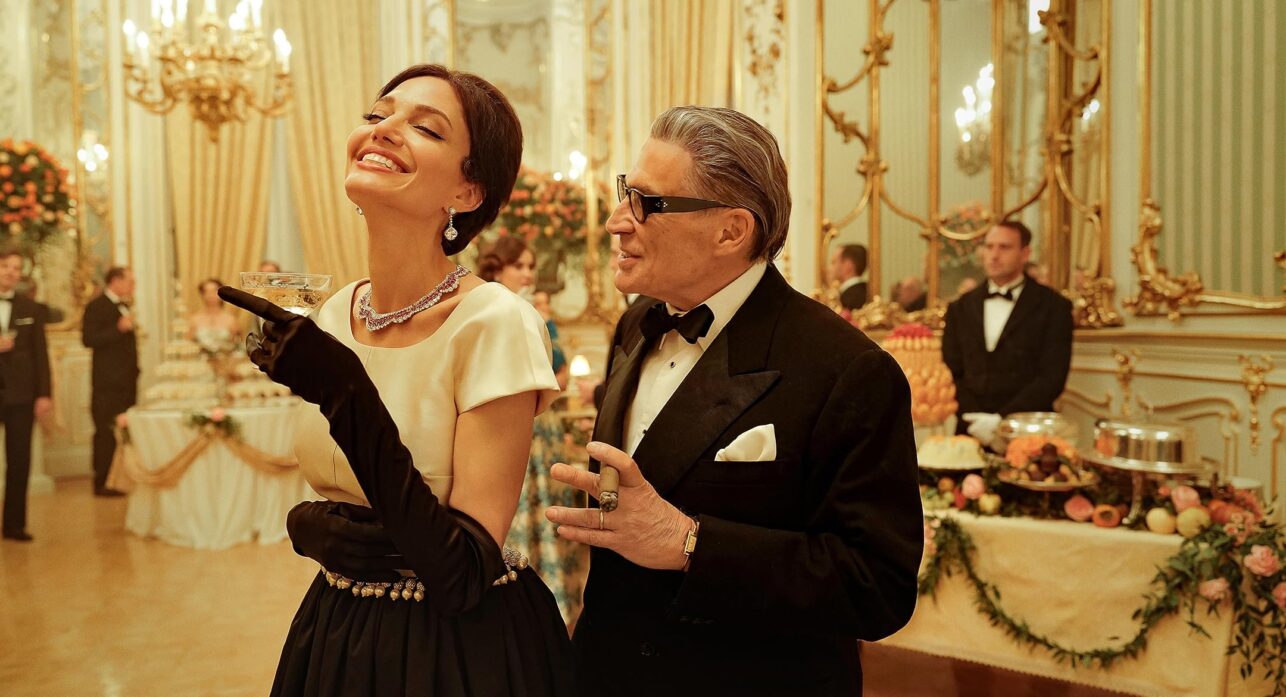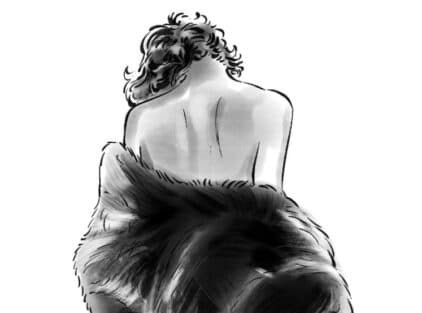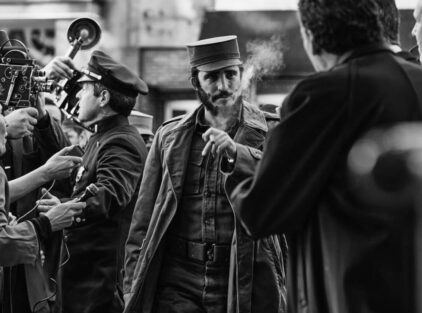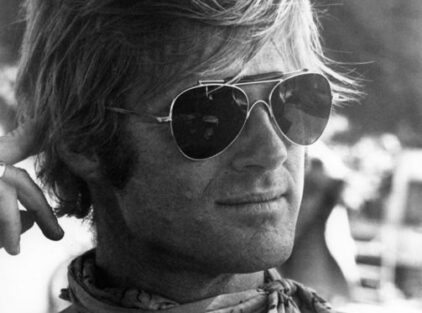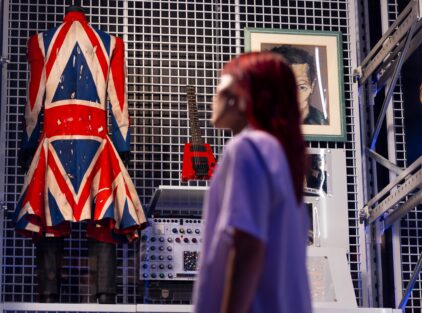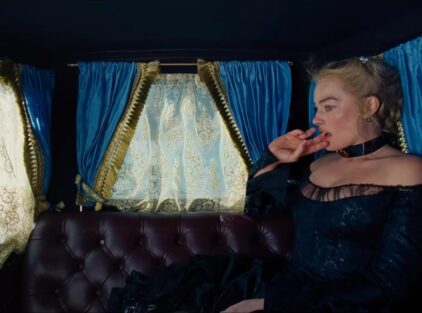by Christos Zabounis
During the long, changing train journey from Valais, Switzerland, to Milan’s Malpensa Airport, as old-time journalists used to do, I “devour” the European press. My attention is not diverted by the film review in the “Spettacoli” section of “Corriere della Sera”, about Pablo Lorrain’s film “Maria”. An unknown word forces me to look up its meaning on Google: Spettrale, Spectral. “In reality,” writes Maurizio Pozzo, “Callas is a ghost, a zombie, and Pablo Larrain resurrects her in the last week of her life before her fatal heart attack on September 16, 1977.” For those of us who have seen the top, in the opinion of many, soprano of the 20th century, the image of Angelina Jolie with her plump lips and flexible silhouette is strange, if we compare her with the real Maria Kalogeropoulou. However, the film titled her baptismal name is not a documentary, but fiction. There, the 48-year-old Chilean director succeeds brilliantly, as in the other two psychological film approaches he made, of fatal and famous women – those of Jackie and Lady D. “Jolie spettrale da Oscar”, is the title of the article in question. Indeed, Angelina Jolie convinces in the role of an Opera diva who declares to her faithful servant Favino: “I decide what is real and what is not”. Aristotle Onassis is also convincing, as he rescues the reputation of a country that has since been unable to retain its talents, but has only been content to reintroduce them.
